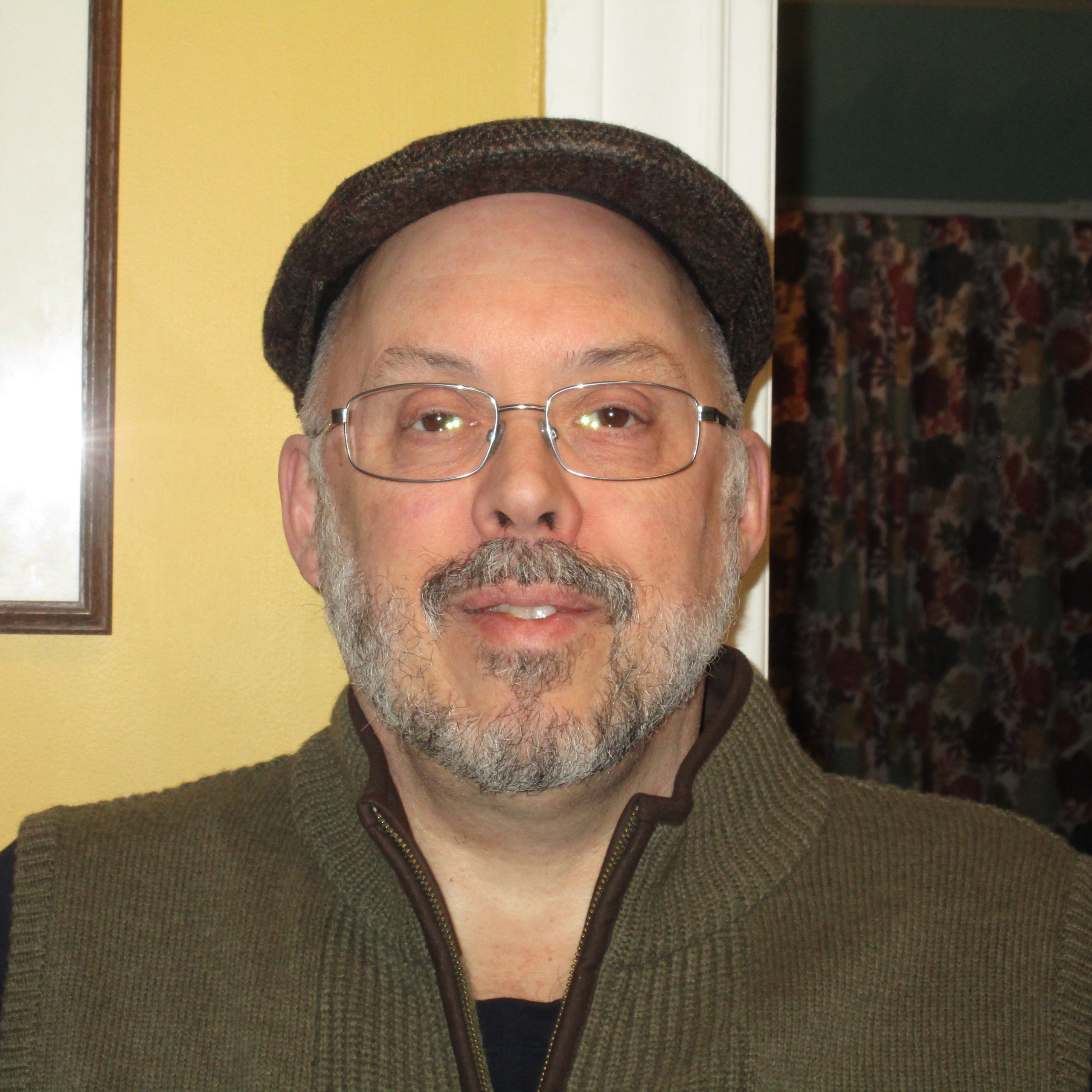|
Getting your Trinity Audio player ready...
|
Americans are not noted for embracing weakness. And survey data shows, alas, American Catholics are much like their fellow citizens in our tastes, beliefs, and practices.
This fact means that in 2024, a year of elections, global treaty-making, and (possibly) a papal conclave, ordinary American Catholics will have the power to do…well…actually, almost nothing. Despite our obsession with personality, celebrity, activism, and outrage, we, as individuals, can’t change the course of events outside a very small sphere in our daily lives. That truth flies in the face of the media machine continually stoking our fear and anger.
“President signs new executive order!” “Pope issues motu proprio!” “U.N. promotes treaty!” “Noted bishop reveals secrets in unprecedented interview!”
Orthodox. Faithful. Free.
Sign up to get Crisis articles delivered to your inbox daily
To all these semi-hypothetical examples, a truthful Catholic would necessarily respond: “So what?” Instead, what too often happens is that these outrages are repeated ad nauseam on social media and shared with others. After all, what fun is outrage if it is private? The private is now obsolete. The media—and that manifestly includes the Catholic media—amplifies these outrages by spinning them and coating them with a political patina. The whole thing exacerbates our political and cultural divisions, and round and round we go.
We still have no power over the issues. Except to ignore them. But that is not encouraged. The structures of power—represented by individuals we accept as trustworthy—inform us that we must care, sign the petition, join such-and-such a league, etc., etc. Certainly, there are things we can reasonably do: vote, speak to individuals actually involved in the issue, pray, and fast. Those are all personal actions on a personal scale. They are actions we can take, even if they have small chance of effecting change.
Such a realization can lead to despair or indifference. It might cause one to view everything through a political lens at the expense of a vibrant spiritual life. It might encourage the concerned Catholic to engage in the besetting sin of the Left: activism. (Here let it be noted that the pro-life/anti-abortion movement of the past fifty years is one welcome exception to this critique of activism. That is likely because the movement is anchored in prayer, especially the Rosary.) Note to well-intentioned would-be Catholic activists: read Chautard’s The Soul of the Apostolate, not Dorothy Day.
Why do practicing American Catholics keep stumbling over the fact of our powerlessness? Because our obsession with personality masks that fact. We live vicariously in the world made by People magazine and its imitators. Why do practicing American Catholics keep stumbling over the fact of our powerlessness? Tweet This
If that were the extent of the problem, we could bewail the fact of the fallen world intruding on our refuge of faith. However, we are part of the problem. Here is one uncomfortable truth: popes have become celebrities, and the biggest offender of our time was Pope John Paul II. JPII was an international celebrity of rock star stature. The celebrity attached to the office had been growing during the twentieth century. Consider the photos of Pius XII standing before a crowd with his arms outstretched, or John XXIII, smiling in a humble and approachable pose, or Paul VI in his meeting with the Orthodox Ecumenical Patriarch or Archbishop of Canterbury.
The Polish pontiff inspired wild devotion in his travels. His immediate successor was mostly shy about such displays, but Pope Francis has donned the gown of celebrity like an old pro. Think of his decision to eschew the traditional papal clothing as he first greeted the world. It is as if Juan Peron refused to wear either a uniform or a suit and appeared on the balcony in a T-shirt and suspenders. Regardless of the wisdom of such a sartorial choice, it is parsed in public as an aspect of competing personalities and political agendas of differing approaches to celebrity.
The answer is not more outrage. Nor is it giving in to fantasies of a rogue CIA assassin “taking out” the perceived enemies of the good guys. It’s not hoping for “our” guy to be elected president or pope, because that is merely acquiescing to the sin of adulation. No. The answer is downplaying the entire culture of celebrity and notoriety. Maybe even to the point of ignoring it.
Here’s what that might look like.
Have you heard what the pope just said? No. But I did pray for him today at the end of my Rosary.
Can you believe they kicked the ex-president off the ballot? I can believe anything about current politics. I plan to vote for someone else regardless.
Did you know the World Economic Forum wants us to eat bugs?! I heard something about that. I’m going to plant some blueberry bushes this year.
Ping. Did you really bring your phone to all-night adoration? I don’t even have a smartphone.
The question shouldn’t be “Did you see what Father So-and-so just posted?” but, rather, how is your prayer life? Have you been to confession recently? How are your kids doing? Is your home peaceful? Does your parish have the resources to celebrate the Mass well and help those who are in need? Are you familiar with the Litany of Humility? That’s a great place to start.
To borrow a phrase from the 1980s War on Drugs: Just say no. Just say no to celebrity culture and the perpetual outrage machinery of our era. I do not intend in any way to poke fun at God’s particular judgment when I state that I’m glad it won’t be a trivia quiz about today’s Catholic celebrities. As each of us stands before Our Lord, we will have enough to worry about regarding the choices we ourselves made. Let the dead bury the dead, and let the era’s personalities see to their own choices.
[Image Credit: Shutterstock]
